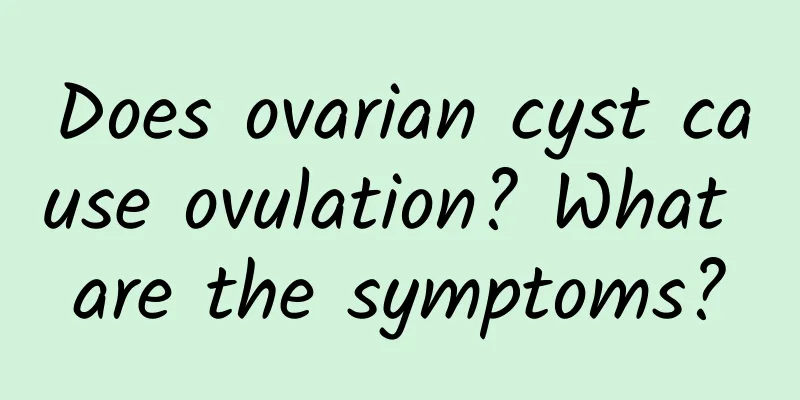Will bacterial vaginosis in pregnant women heal itself after delivery?

|
Bacterial vaginosis is a common gynecological disease among female friends, especially for pregnant women. It is a disease with a relatively high incidence rate. For expectant mothers suffering from bacterial vaginitis, what should we pay attention to in our daily life? Let's take a look at the experts' introduction: Bacterial vaginosis mainly parasitizes the urogenital system and occurs due to changes in the pH of the vagina during pregnancy. It can also be infected directly or indirectly. It is a common vaginitis during pregnancy. Symptoms of bacterial vaginitis: increased vaginal discharge, yellow-green or gray-yellow, with a foul odor. Itching, burning, and pain in the vulva. Inflammation that invades the urethra may cause frequent urination, urgency, pain, and even blood in the urine. Like candidal vaginitis, doctors do not recommend treatment during the first three months of pregnancy. After that, doctors will prescribe safe medication for pregnant women based on the severity of the condition. Pregnant women with bacterial vaginosis must be cautious during treatment, and the medications they choose should try to avoid affecting the fetus, or at least minimize the impact on the fetus. Therefore, pregnant women with bacterial vaginosis must be treated under the supervision and guidance of a doctor, and they must not use medications casually, which may affect the fetus or themselves. After women are infected with vaginitis, most of the infected people will show symptoms after an incubation period of about half a month. The most important symptom is an increase in vaginal discharge. The vaginal discharge is thin and easy to flow out. The color is gray-yellow or yellow-green. In severe cases, it may contain blood. There are small bubbles in the vaginal discharge and it has a very bad smell. After getting pregnant, women should learn to protect themselves and their children. What should pregnant women do if they suffer from bacterial vaginitis? In daily life, they should pay attention to preventing bacterial vaginitis. According to the living habits and transmission routes of bacteria, they can take the following measures: pay attention to hygiene, develop good habits of taking frequent baths and changing underwear, use foot basins and bath towels for special people, and wash and disinfect them frequently. For pregnant women, they should pay special attention to health care before and after menstruation and during pregnancy. |
<<: What to do in late pregnancy with bacterial vaginosis
>>: What to do if pregnant women are infected with bacterial vaginosis
Recommend
How to prevent amenorrhea in women
Every woman hopes to postpone her menopause becau...
Why can cervicitis not be cured for a long time?
Cervicitis is extremely detrimental to the physic...
Common knowledge about Trichomonas vaginitis
What is Trichomonas vaginitis? How much do you kn...
Pregnant women with abnormal leucorrhea and back pain
Abnormal vaginal discharge accompanied by lower b...
What are the symptoms of ovulation bleeding?
Ovulation is a term we often hear. Many female fr...
Recommended hospital for the treatment of hyperprolactinemia
The best hospital for the treatment of hyperprola...
When it comes to losing weight, the most common thing people do is to stop eating starch. But is this really the right thing to do?
When it comes to losing weight, the most common t...
Do you know what causes ectopic pregnancy?
Nowadays, there are more and more patients with e...
Sitting for long periods of time may cause cervicitis
Sitting for a long time may induce cervicitis, be...
We need to pay attention to the transmission routes of adnexitis
When a woman's career is on the right track, ...
What causes ovarian cysts?
What causes ovarian cysts? 1. There are many caus...
What causes cervical erosion? Check out the 5 causes of cervical erosion
Cervical erosion is a gynecological disease. Many...
Is ovarian cyst a serious disease?
The severity of ovarian cysts depends on the natu...
Can Bartholinitis Affect Life Expectancy?
As the diseases around us continue to increase, w...
What are the things that must be done before abortion?
Many people choose to have an abortion after an u...









